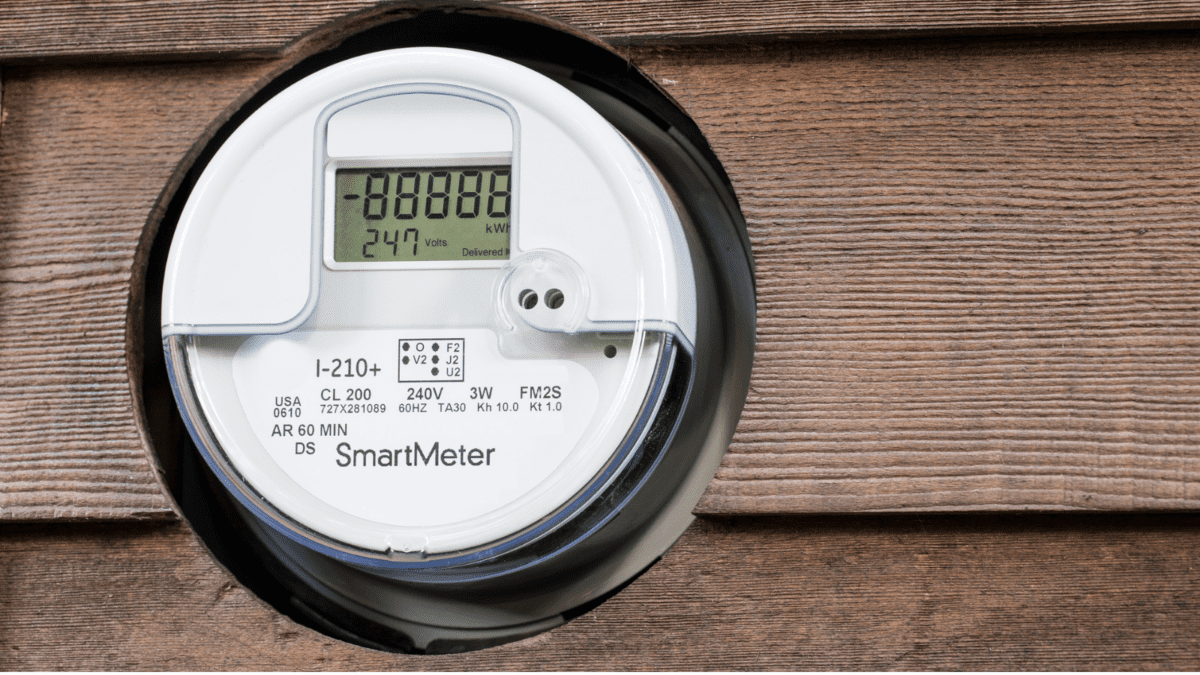Australian executives optimistic despite recession fears
Australian business leaders are sanguine about prospects for the economic outlook despite nearly half predicting a recession over the next 12 months, stoked by rising costs and inflation challenges.
The J.P. Morgan Business Leaders Outlook: Australia survey for 2022 found that 74 per cent of executives expect profits to increase in the year ahead, and 77 per cent forecast an increase in revenue.
Leaders are similarly bullish on the economy, with 59 per cent holding a positive view on both the domestic and global markets. This is a slight fall from the 63 per cent recorded in the inaugural survey last year.
Conducted simultaneously in six nations, the survey found Australian respondents most optimistic regarding the economy. Of the 200 executives from midsized Australian corporates surveyed, 46 per cent expect a recession this year.
Results from the United States and the United Kingdom were the most hawkish, placing the probability of a recession at 65 per cent and 69 per cent, respectively. India, France and Germany all estimated the probability at 53 per cent or above.
“Australian business leaders continue to demonstrate their resilience as they skillfully manage various geopolitical and economic obstacles,” said Annabelle Mooney, head of commercial banking ANZ at J.P. Morgan.
Challenges ahead in 2023
Leaders noted several challenges facing corporates in 2023. Among them: a shortage of available workers, persistent inflation, high energy prices and tight supply chains.
Over half of respondents expect to add headcount in 2023. This is despite a record-low unemployment rate of 3.4 per cent and a multi-decade high in job vacancies.
To entice new hires, approximately half of employers are offering incentives such as flexible working hours and locations, upskill opportunities, and higher remuneration.
Seventy-one per cent of firms experienced rising costs linked to inflationary pressures. The three main drivers are energy prices, supply chains and rising interest rates.
Energy prices including oil, petrol and natural gas have retraced from the highs of 2022. Supply chains remain stretched, with 40 per cent of leaders noting a deterioration over 2022, while 33 per cent said conditions improved.
All else equal, an increase in interest rates leads to a corresponding rise in the cost of capital. This makes financing, including debt and equity, harder to obtain and more expensive to service, leading management to prioritise higher-return projects and delay capital spending.
Respondents to the 2022 survey, however, are yet to react, with 86 per cent of firms forecasting capital expenditures to increase or remain the same.
Inflation pressures remain
To counteract inflationary pressures, firms are raising prices, automating more processes and changing price models. The survey noted that 45 per cent of companies expect to pass a quarter of the increase on to consumers, with 83 per cent indicating future price hikes.
On Wednesday, the Reserve Bank of Australia announced inflation had jumped back to 7.3 per cent in November, the highest level since 1990, after a small retracement in October.
While acknowledging the robust business conditions, National Australia Bank’s latest monthly business survey noted that confidence had turned negative. Firms have become more cautious as a result of an anticipated slowing of the economy. However, there is little sign of inflation abating.
“Purchase costs and labour costs have eased a little from their peaks in the middle of the year but have remained very elevated,” NAB chief economist Alan Oster (pictured) said.
“Survey measures of price growth remained very strong in November with little sign of any turnaround in inflation, and we continue to expect a strong Q4 CPI print”. The Australian Bureau of Statistics will release the December quarter consumer price index on January 25.










